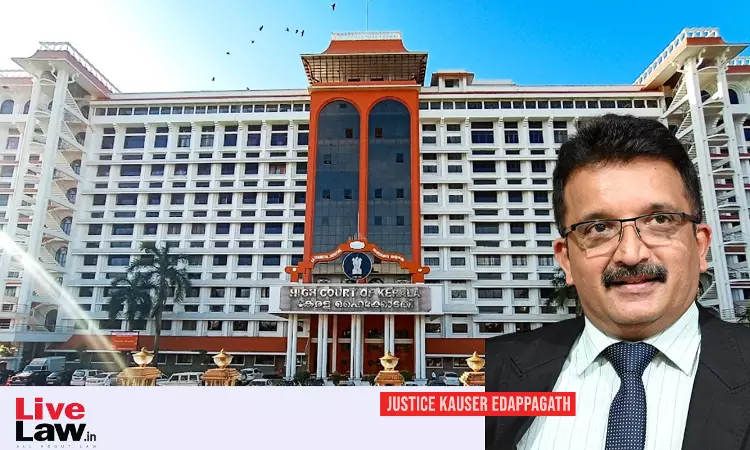While reversing an order of acquittal in a bribery case against a village officer, the Kerala High Court recently observed that CrPC does not mandate the appellate court to differentiate between the appeals against judgments of conviction or acquittal and that they have the same powers while dealing with both. Justice Kauser Edappagath relying upon various Apex Court decisions stated that in...

